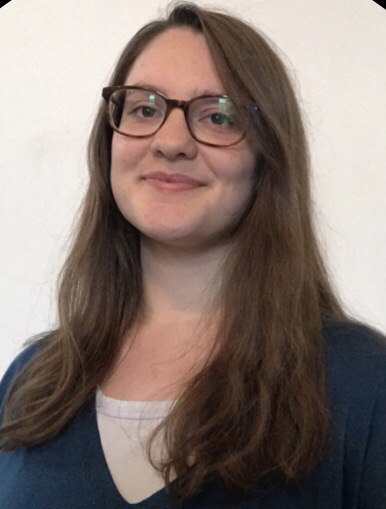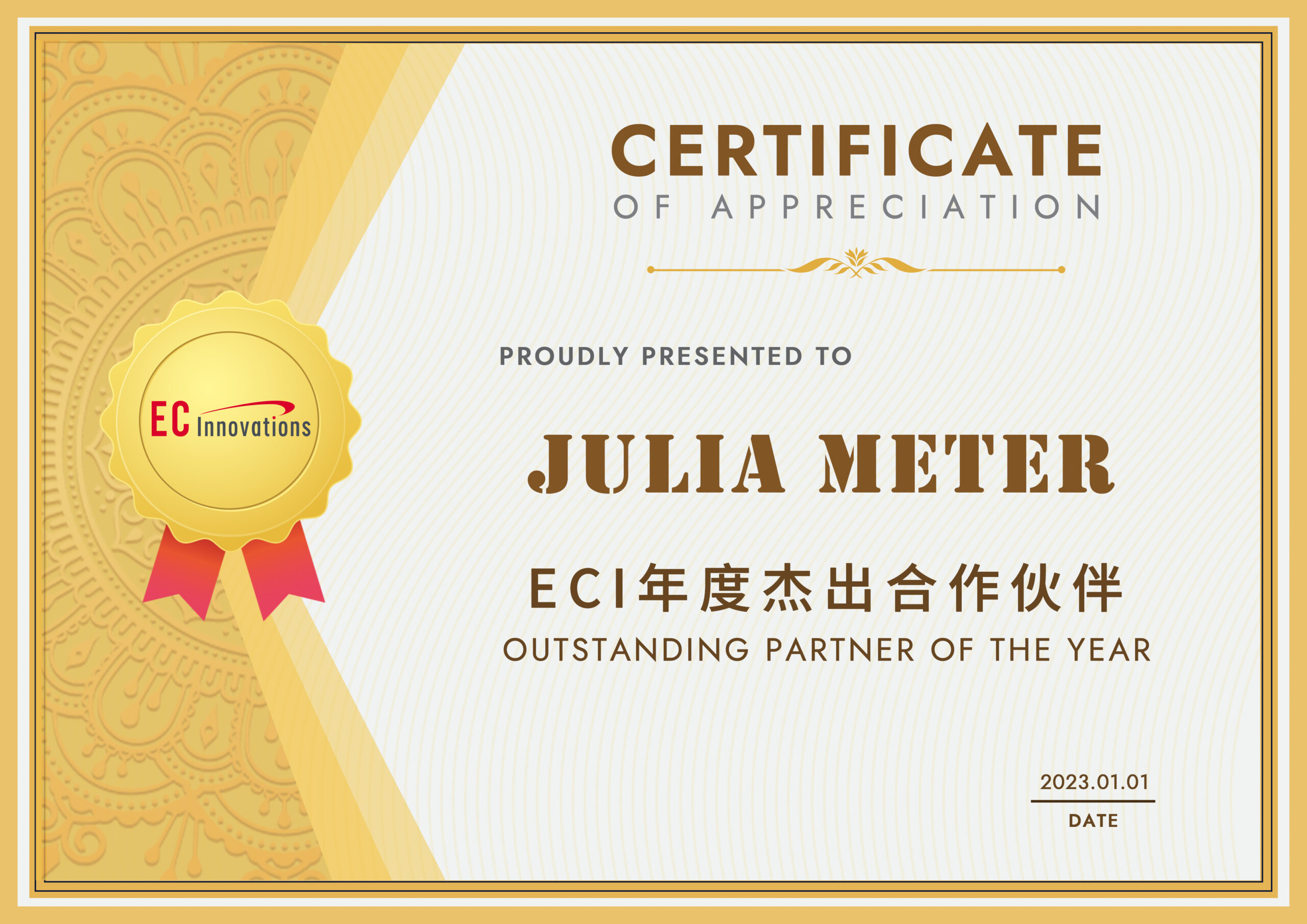About Me
Hi, my name is Julia Meter. Since October 2021, I have been working as a freelance translator specialising in Video Game Localisation, working from English and French into German. Since then, I have worked on a lot of different dialogues, quests, narratives, UI and marketing texts, subtitles, some comics, even some songs and poems in a wide range of genres and settings for different audiences and platforms. For a selection of my projects, check out the Portfolio section here.
I started my career as a remote intern at Altagram, a Video Game Localisation Agency, where I first learned the ropes of translating in the “real world”. Since then, I have worked on a variety of titles doing translation, editing, and some LQA.
While I was born and raised in Germany, my studies led me into several different countries, where I studied different aspects of translation in my three working languages:
- 2015–2019 B. A. International Communication and Translation
Stiftung Universität Hildesheim, Hildesheim, Germany - 2016 Exchange Semester
Université de Haute-Alsace, Mulhouse, France
- 2019–2021 M. A. Professional Translation
Swansea University, Swansea, Wales, United Kingdom - 2020–2021 Mobilités Européennes en Traduction Spécialisée
- 1st semester at KU Leuven in Antwerp, Belgium
- 2nd semester at UCLouvain in Louvain-la-Neuve, Belgium


Outstanding Partner of the Year 2022

Archmage 2021
During my internship at the video game localisation agency, I was named “Archmage” for my efforts in researching, taking care of queries, as well as filling in and maintaining a term base. While it is not an official certificate or award, I could not be any prouder!
Thoughts on Localisation
For me, translation has always been magic. Translating is like weaving magical spells to open the doors to a whole new world, hidden from the German audience behind language barriers. For the spells to work, they need to be crafted meticulously, their structures researched thoroughly, the world used as a basis analysed, converted, and brought alive in a way that resonates with the German audience. Each world is unique, filled with unique stories and feelings, with unique characters and their unique voices. With each new world, my love for discovery and exploration combines with my extensive experience and the rigor of research to create a localisation that is right for you, for your game, its story and characters, as well as for your audience. I want your German players to feel just as immersed and to enjoy your game just as much playing in German as your original players enjoyed your game in English or French.
We translators can be magical chameleons that slip into different roles with every project – from that of a noble lord of the past to that of a high school witch or even an orc! Each of these roles requires a different voice, each character their own speech pattern based on their personality and history, as well as the wider context of the game. The cloaks we don do not only depend on the characters, though, but also on the genre and the setting. Working on a horror game like Evil Nun requires a very different cloak than a farming JRPG like SunnySide or an atmospheric surfing adventure like Sword of the Sea. This means it is not just about the dialogues: quests and other narrative content also have to fit the game and its context. This linguistic diversity was one of the aspects that fascinated me at university already, and even my Bachelor’s Thesis revolves around the translation of linguistic varieties.
Localisation is also an art, a creative process. Not only when making characters come alive and narratives flow, but also when finding puns, jokes, and cultural references that evoke the same feelings in the target audience that the source evoked in the source audience. Or when translating whole conversations held in haikus (looking at you, Dragon Quest III). Or when creating subtitles for a song that invites the listener to sing along! And yes, I did sit here singing and clapping along to make sure it works. Or when finding the perfect names for tiny little creatures (like in Luna-3X).
Besides these creative challenges, video games and the German language also pose technical and linguistic challenges. German has a habit of forming reaaally long words, while video games and especially mobile games like small spaces and character limits. It’s always a challenge to make those two fit together, and sometimes even “no char limit” turns into an issue because the whole space has no hard limit…but each line has a soft limit. The result is unreadably tiny terms, and we, the devs and us linguists, have to work together to solve such issues. But localisation is a team effort either way, and communication between us is key! Questions are a must to make sure the localisation is accurate, every mechanic thoroughly understood, and every nuance caught correctly.
Lastly, there are cultural challenges. Sometimes, references used in the source text cannot be used as is in German, often due to our history. It is my job to let you know and find a solution that works. We also have our own age rating system that needs to be taken into account (USK).
And, of course, each project has different requirements when it comes to volumes, the time they take, and the deadlines you require. During the last four years, I have gained experience with small and big games, working alone and in teams of varying sizes, with generous and tight deadlines. As a freelancer, I have excellent time-management skills and not missed a single deadline. That said, quality and creativity simply take time.
As an example of how some of these challenges can look in games, we can look at a yet undisclosed project. The language used was very colloquial and even crass, at times. It is set in the 90s and in a specific context, where swearing was just a part of life. Differing amounts of colloquialism and swearing (among other things) gave each character their unique voice. In this project, we worked in a team of three translators without a reviewer, so we had to communicate well and create thorough style guides to ensure consistency.
Another example is Dragon Quest III, which has a completely different setting but was also in need of varying voices: The NPCs’ speech patterns are dependent on their locations – some just use a few “foreign” words, others speak in haikus only. This did not only mean that we had to find a way to make them distinguishable and find them a voice that works for them, but also as part of a whole. The speech patterns of each person and each people had to fit together as well as the context of the game. At the same time, we had to make sure to be consistent across us linguists; it was a bigger project and the size of the team had to match that. In addition, remakes require a whole other skillset since they have to be consistent with the original work (and potentially other games from the franchise), make old and new players happy, all the while being adapted to the present. Here, a lot of reference material, attention to detail, and a heart for research really help. Thankfully, researching and learning something new with each and every project is one of my favourite parts of this line of work!
You can find most of the projects I worked on as part of the localisation team (and that I am allowed to talk about) in my Portfolio. Each of those projects had its own challenges and peculiarities, which not only made my work more exciting but also helped expand and polish my skillset as well as my knowledge base.
